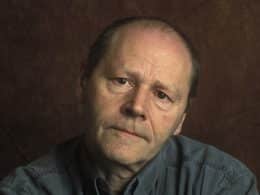The hall is packed out as people wait expectantly for the arrival of the bard. We snaffle a couple of free seats, surrounded by the young and not so young, who pay us no mind as they gazed intently at the black curtain. This theatre was once one of the Jewish centres of Chernivtsi, a cosmopolitan cultural capital in western Ukraine, part of northern Bukovina, and which annually hosts the Meridian Czernowitz International Literary Festival. After a little while, Serhiy Zhadan, described by Marci Shore as “the Bard of eastern Ukraine”, appears alongside two guitarists to a rapturous welcome from the crowd.
With his sharp features, dressed all in black with half-mast trousers and a sweatshirt, his hair shaved to a grade one on the sides with the rest swept back, Zhadan sits somewhere between a version of James Dean (had he reached the age of 40) and Depeche Mode’s Dave Gahan (with whom he shares musical inclinations as well as a physical resemblance). He grabs the microphone and uses his powerful voice to ask those who are standing or sitting on the steps around the entrance to get on stage and sit beside him. For two hours, Zhadan and his band Zhadan i Sobaky (“Zhadan and The Dogs”, formerly known as “Dogs in the Cosmos”) play some of the ‘ska’ songs that have become key musical references for this generation in Ukraine, as well as other tunes to accompany Zhadan’s poetry. Singing, reciting and moving freely around the stage, Zhadan creates an ambience of communion with an adoring crowd. You can’t help but curse not being able to follow everything he is saying to become just one more devotee at the ceremony.
After the final encore, he suggests that the party should continue at the bar Contrabanda, a dive located on a poorly lit alley whose dreary outward appearance belies the vibrant atmosphere inside. There I find myself with Zhadan and try to have a coherent conversation with him amidst the noise and alcohol-fuelled shoving crowd. We managed to pick up roughly where we left off the next morning after several coffees and sundry other liquids with which we relieved our hangovers.
Zhadan is a modern-day bard: a translated author, alternative musician and activist committed to democracy in Ukraine, someone who connects with many of his compatriots, especially the younger generations. A people’s poet in the best sense of the term, he shines and inspires when many of the country’s political leaders disappoint and disillusion. But behind the front of the chameleonic personality of his provocative music videos, with their hard-hitting satirical content and socio-political criticism, the Zhadan I have got to know over a period of time split between Chernivtsi, Madrid and his home city of Kharkiv, in eastern Ukraine, is basically someone with his feet firmly on the ground, free of any celebrity ego. He can be intense, sure, but he listens attentively. In a sincere and open way, he shares his concerns and opinions about his country and its society. He is a star of the underground scene and, at the same time, a father, amongst others, of Mariya. This four-year old kid casts a skeptical look when I clumsily break her glass as I hug his father, this summer, in a café in Kharkiv.
Zhadan’s work is a faithful reflection of the harsh postindustrial and post-Utopian environment of today’s Eastern Ukraine and specially the Donbas, regions that, unlike other parts of the country, were most exposed to long decades of a forced Soviet project. A dead Utopia – murderer, in the eyes of many here, or murdered, in the eyes of many others too – but one which persists in some form, like those busts of Lenin that turn up abandoned in waste-grounds, parks or in the backyards of public buildings.
With sharp humour and a very human touch, Zhadan depicts the kind of characters one finds in that corner of Europe, who are as deeply flawed as they are fascinating; characters like Herman from his novel ‘Voroshilovgrad’, the name used during the USSR period for the city of Luhansk, in the Donbas, where Zhadan hails from. Herman is an “independent expert” who works for a Kharkiv politician via a money-laundering platform. A thirtysomething “with a completely useless academic qualification, a dubious job and enough money” for the lifestyle to which he was accustomed and seeing it as “too late to do anything different”, his life is, as he puts it, “fantastic”. Until early one morning he gets a call from Kocha, a childhood friend. His brother Yura, who runs a dilapidated petrol station in Voroshilovgrad, has “gone” and Kocha asks him to return to look after the business, which is under his name.
Herman travels to Voroshilovgrad planning to return to Kharkiv soon, the following day if he can. However, just as the dark-skinned fortune teller Katarina whispers in his ear before he lapses into a daydream under the influence of the drink she has served him, “you think you will leave straight away because you’ve forgotten all of the experiences you had there; when you remember, you will find that leaving is harder than you think”. In this process of rediscovery, Herman surpasses the low expectations everyone has in him, and faces up to the stooges (“the corn guys”) hired by a local Communist Party oligarch who, in his desire to control the Donbas petrol station business, ‘offers’ Herman money for his premises. At first, the only people by his side are Kocha, who is a smalltime gangster fallen on hard times clinging on to his petrol pump job; Traumatized, a short, chubby and mustachioed former football star now recycled as a mechanic and notorious womanizer; and Olga, the redhead accountant with whom he rides here and there on her scooter.
‘Voroshilovgrad’ is in many senses a road novel: a personal journey and a tale of spaces, combining magical realism, in its ghosts and visions, with micro-stories. It swings between ‘Mad Max’ and ‘Trainspotting’. Like the cop Max Rockatansky, Herman finds himself in a land without law, but with some raw rules; like the heroin addict Renton, he also lives for the pleasure of the moment. Released this Fall as a movie, “The Wild Fields” (Dike polje, in Ukrainian), the novel is a kind of homage to the discreet epics lived by those who choose to stay, against all odds. It is an epic that seems absurd to many, as a top gangster chides Herman in a train parked in the sidings: “You haven’t got shit to hold onto!”
Ukraine can be a bit like Voroshilovgrad is for Herman: you go there, the days and seasons flash by, and it gets harder and harder to leave. Maybe this is because, even safe from idealism and naivety, some things make sense again in this very real limbo between a collapsed industrialism and the wild, often criminal politics the collapsed USSR bequeathed, and a decadent, self-doubtful West. This European space between the Carpathians and the steppe where utopias and dystopias collide. Collisions that can be as dramatic as the Russian-Ukrainian conflict that broke out after the novel was published, gobbling up Voroshilovgrad/Lugansk in events that form the context of Zhadan’s latest book, ‘Internat’.
Perhaps it is because of the authentic appeal of the Kochas, the Traumatized and the Olgas on scooters, not to mention Zhadan himself. Or perhaps because, like Herman, you discover that, sometimes, the future is where you rediscover and reconcile yourself with that past that you have too often wanted to leave behind.
Borja Lasheras es Senior Fellow del Center for European Policy Analysis (CEPA).



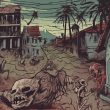
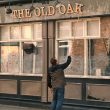





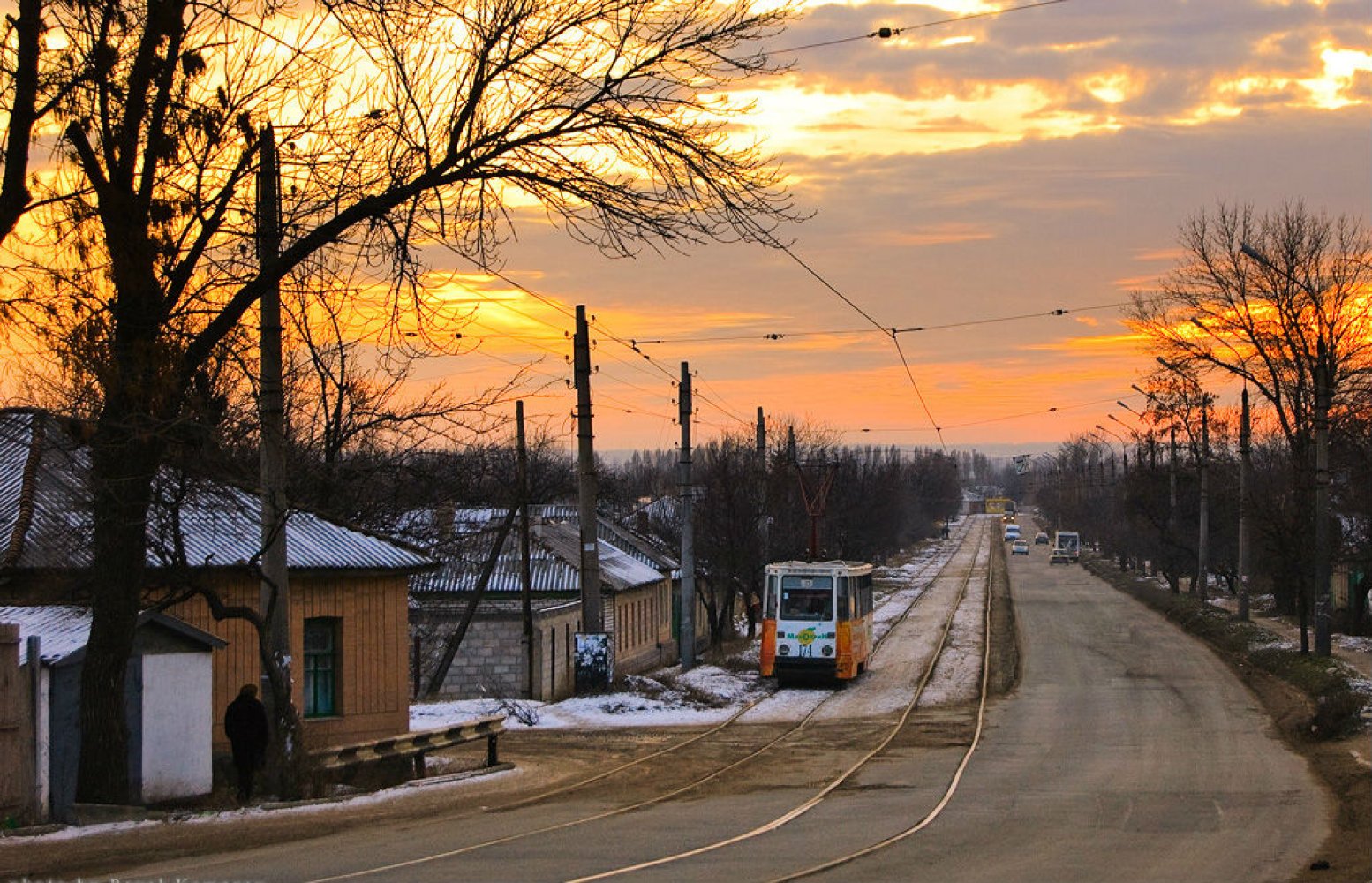
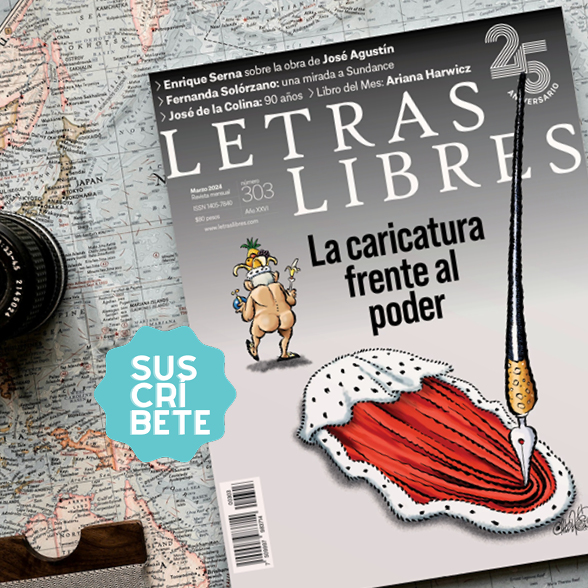
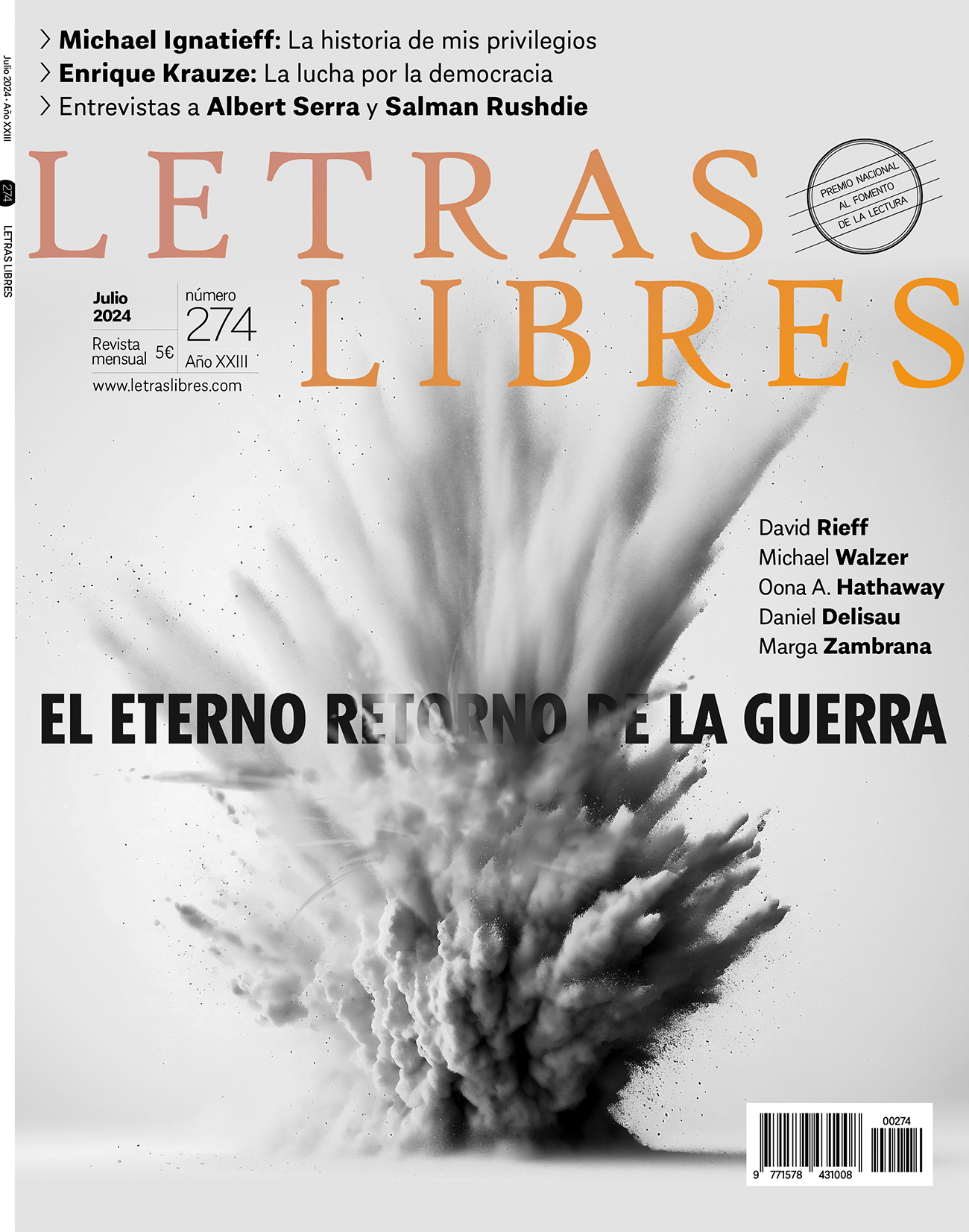
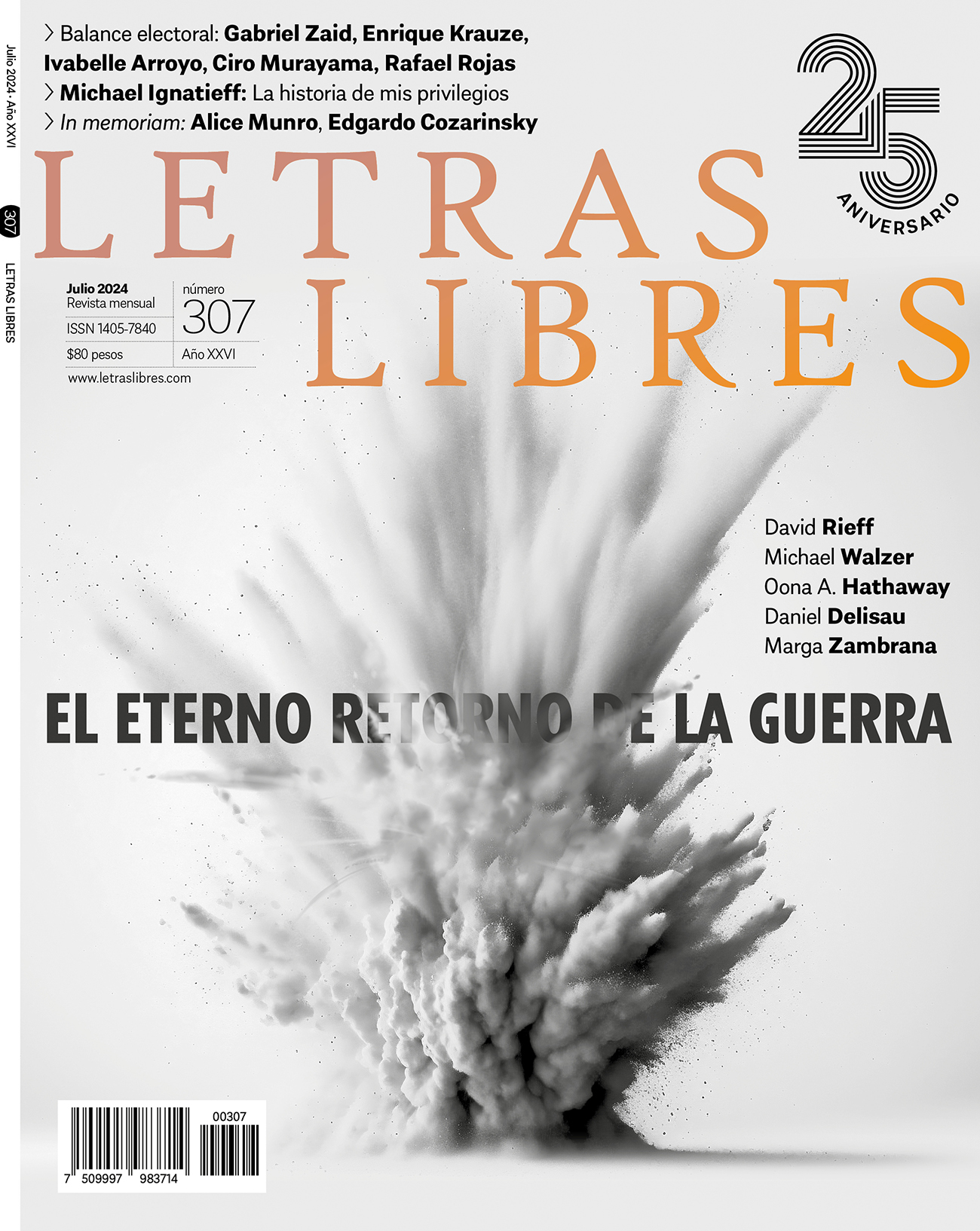

.jpg)
